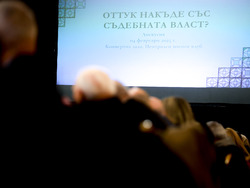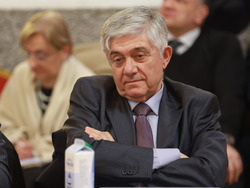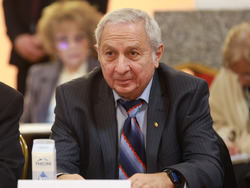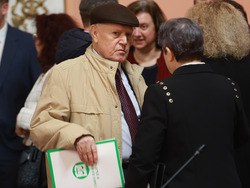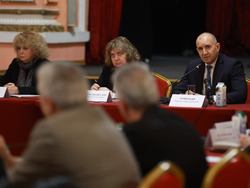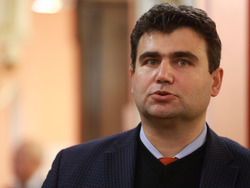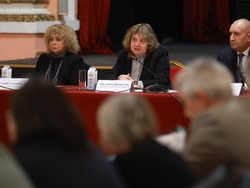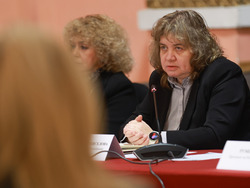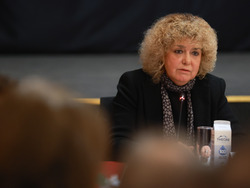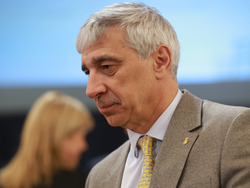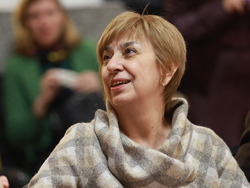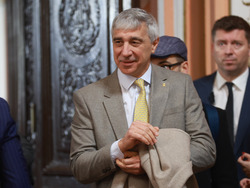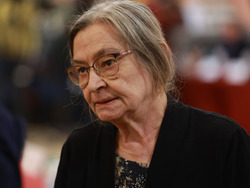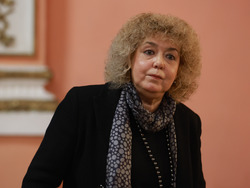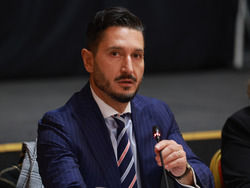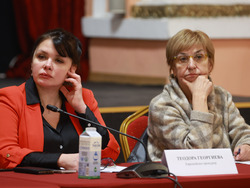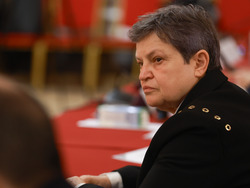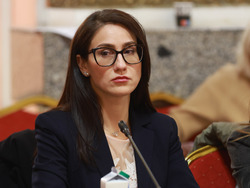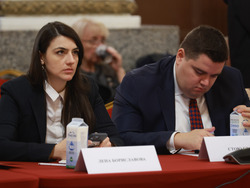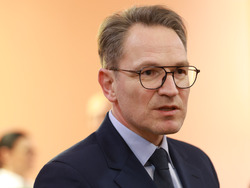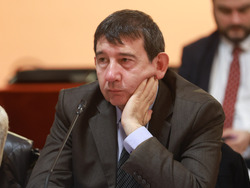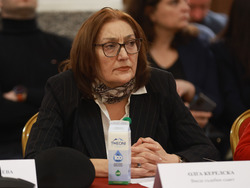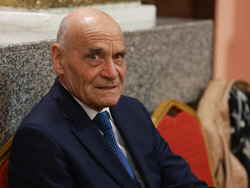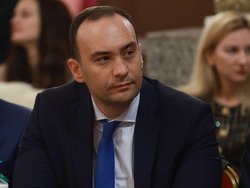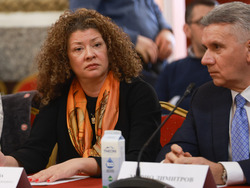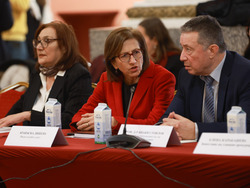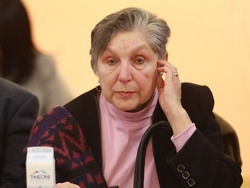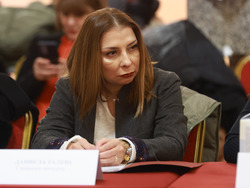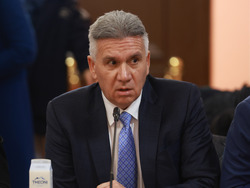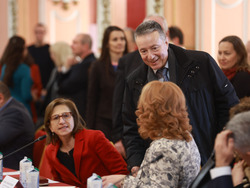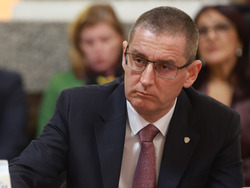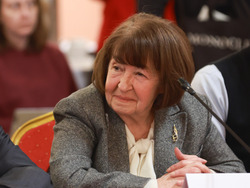site.btaExperts, Magistrates, MPs Discuss Issues in Judicial System, Possible Solutions
A discussion, titled “Where to Next with the Judicial System?,” brought together members of the Judiciary, MPs, and experts in Sofia on Tuesday. The forum was organized by the Bulgarian Institute for Legal Initiatives.
Among the participants were National Assembly Chair Nataliya Kiselova, President Rumen Radev, Supreme Court of Cassation President Galina Zaharova, European Prosecutor Teodora Georgieva, and experts Assoc. Prof. Dr Alexander Kornezov, judge at the EU General Court, and Prof. Dr Ekaterina Mihaylova.
Parliament Chair Kiselova told the discussion that the issues in the Judiciary can be grouped into three main categories: working conditions, recruitment competitions and posting of judiciary members, and quality of legislation. These problems can be addressed on two levels: through amendments to the Constitution or changes to other laws, she argued, and recommended the second approach. It consists in revising substantive and procedural laws, she specified.
"I favour the kind of small steps that can bring about changes in the future, but they should be made in the right direction. We do not need to make constitutional or legal changes just as a publicity stunt. We should write laws that stay for a year at least. We should not open a procedure to amend the same law every month," Kiselova argued.
President Radev said that, "based on the ample information available," the relevant institutions should "take resolute actions against the political and oligarchic influences on the judicial system." He called on the newly inaugurated National Assembly and the new government to take this task very seriously and pay due attention to the upcoming personnel appointments in the Judiciary.
"Some politicians seemed to think that changing the national holiday and stripping the President of his powers vis-a-vis the caretaker governments was more important than initiating an in-depth and full-scale parliamentary expert debate to seek sustainable solutions for judicial reform. The constitutional procedure was spurred on, which robbed the matter of its seriousness in the eyes of Bulgarian citizens," the head of State argued.
According to him, the shady dealings in the Judiciary over the last few years did not meet with an adequate institutional response, which was "a flagrant demonstration of impunity and powerlessness." In his words, if the influence networks continue to exist, they can undermine any reform.
According to him, one of the problems is "the interference of the prosecution service in the political process." "The prosecuting magistracy, mainly due to the politicians, has become an instrument for state governance. In the well-established democracies, the formation of the government is based on a parliamentary majority, but in Bulgaria, the parliamentary majority is sometimes based on a decision about the prosecutor general or a decision by the prosecutor general," Radev commented.
He noted that there have been no effective investigations into any of the reported offences in the upper echelons of power over the last 30 years, no culprits have been named, and no one has been punished.
"The inaction of Parliament, particularly as regards appointments in the Judiciary, has very serious consequences," Radev said. He emphasized that the Supreme Judicial Council has worked years beyond its tenure.
Supreme Court of Cassation President Zaharova said that court independence is the groundwork of the rule of law. "The goal of the judicial reform is effective and fair justice. The key words that everyone wants to hear from us are 'transparency', 'professional skills', 'knowledge of the law', 'predictability', 'legal security', 'speed', 'efficiency', and 'equality before the law'. All of these are achievable goals, even at present, through reasonable individual measures. [...] Justice is carried out by people for the people. None of these goals can be achieved without an independent and impartial court," she said.
Zaharova argued that an inexperienced judge can be trained, a slow judge can be disciplined, but if a judge is susceptible to pressure or temptation, there can be no justice.
Prosecutor Georgieva, Bulgaria's representative at the European Public Prosecutor's Office, said that there are several cases of witnesses who were dismissed from state services for cooperating with the investigation. The prosecutor pointed to a specific case of an indictment and an investigation that was completed successfully not thanks to but in spite of the efforts of the Ministry of Interior officials, who refused to comply with a court order to search an address. Georgieva added that the police had conducted a self-check and found that no offence had been committed.
Georgieva noted that in Bulgaria customs fraud, the submission of false data on the origin of goods, their quantity and quality, is considered not a crime, but is regulated as an administrative offence. In her words, this offence leads to damage to the fiscus and to distortion of the free market. She recalled that Bulgaria is an external border of the EU. In her words, fixing this problem requires legislative changes.
The prosecutor also stressed that the EU directive on fraud affecting the financial interests of the Union has not been fully implemented when it comes to the criminal liability of legal persons. She said that the requirements set can be met by introducing specific administrative and punitive measures.
Georgieva reported that the same companies keep popping up in investigations, as they have been found to be involved in all public procurement above a certain value, even though they lack the professional capacity and the relevant experience and abilities.
Assoc. Prof. Kornezov said: "I can sense a ubiquitous apathy and despondency in the ranks above all of Bulgarian judges. They are apparently sick and tired of being the 'Guinea pigs' of Bulgarian political power." In his words, Bulgarian citizens obviously feel a lack of justice and equality before the law.
Kornezov pointed out further that the independence of the Bulgarian court is also a matter of EU law. He commented that the Court of Justice of the European Union is competent to see to the observance of the principle of the rule of law in each Member State and, hence, the independence of the judicial system. "The EU Court guarantees the independence of the Bulgarian court," General Court judge said.
He recalled that, according to a recently adopted decision, acting on a proposal from the European Commission, the Council of the European Union may suspend EU funding if an erosion of the rule of law is found in a particular Member State.
Prof. Dr Ekaterina Mihaylova addressed the question of the types of majority votes by which the National Assembly passes resolutions when electing the personnel management bodies in the Judiciary. She argued that the simple majority was not a good option because it made the election party-dependent. On the other hand, the advantages of a qualified majority that Parliament introduced are ambiguous. Mihaylova recalled that a qualified majority was used for the first time in 2007 to elect an Inspectorate with the Supreme Judicial Council.
"The principle of fixed terms in office is eroded by the perpetual holders of certain positions for lack of other candidates," Mihaylova commented. She noted that people have realized that it is harmful and dangerous for a person to hold an office for a long time because they come under the influence of power.
/DT/
Additional
news.modal.image.header
news.modal.image.text
news.modal.download.header
news.modal.download.text
news.modal.header
news.modal.text

